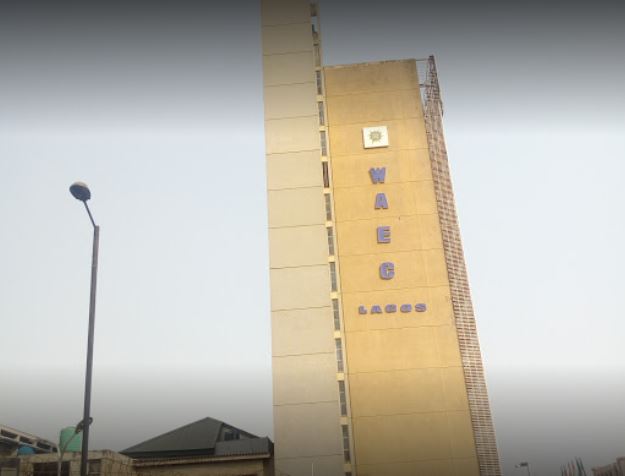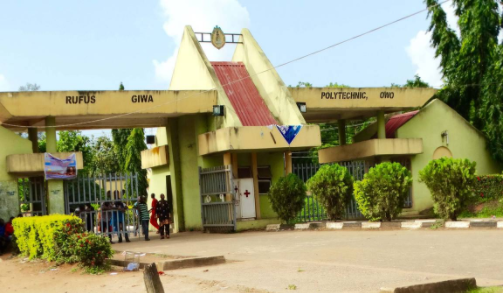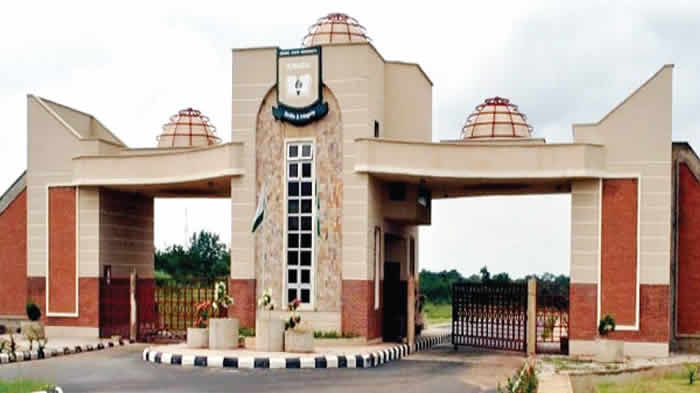The Joint Admissions and Matriculation Board (JAMB) has unveiled modalities for the absorption of Nigerian students returning from war-torn countries — including Sudan — into tertiary institutions.
Ishaq Oloyede, the JAMB registrar, spoke on Wednesday, after meeting a between officials of the board and other stakeholders, including the federal ministry of education and the National Universities Commission(NUC).
The registrar said the procedures for emergency transfers of returning students require each of them to do a retroactive registration with the ministry of education.
He said the students should visit the returnee application page on the interactive brochure and syllabus system (IBASS) on the JAMB website.
Advertisement
“On the page, the returnee students would upload their registration slips, and complete the transfer of personal data, which would include: name, NIN, telephone number, active e-mail account, current university, country, city of study and programme, year and current level of study,” Oloyede said.
He said the returnee students are expected to select their preferred university, programme and upload scanned copies of their current university admission letter.
Other requirements include a transcript, the data page of their international passport, and a sworn affidavit confirming the genuineness of uploaded documents.
Advertisement
“The returnee students are directed to click submit for onward movement to their university of choice, which would receive a notification as well as an IBASS mail on the application for evaluation of the returnee’s credentials,” he added.
“If the returnee is found worthy of admission, a notification is sent to him/her on the status of the admission.
“Consequently, successful returnees students would be directed via email and SMS to approach any JAMB office in person to complete the inter-university transfer application.”
The JAMB registrar said the meeting was convened to fashion out uniform standards and minimum acceptable benchmarks for the proposed absorption in line with global best practices.
Advertisement
He called on vice-chancellors to be vigilant and thoroughly scrutinise the certificates submitted to their institutions to avoid any pitfall that could impugn their hard-earned reputation.






